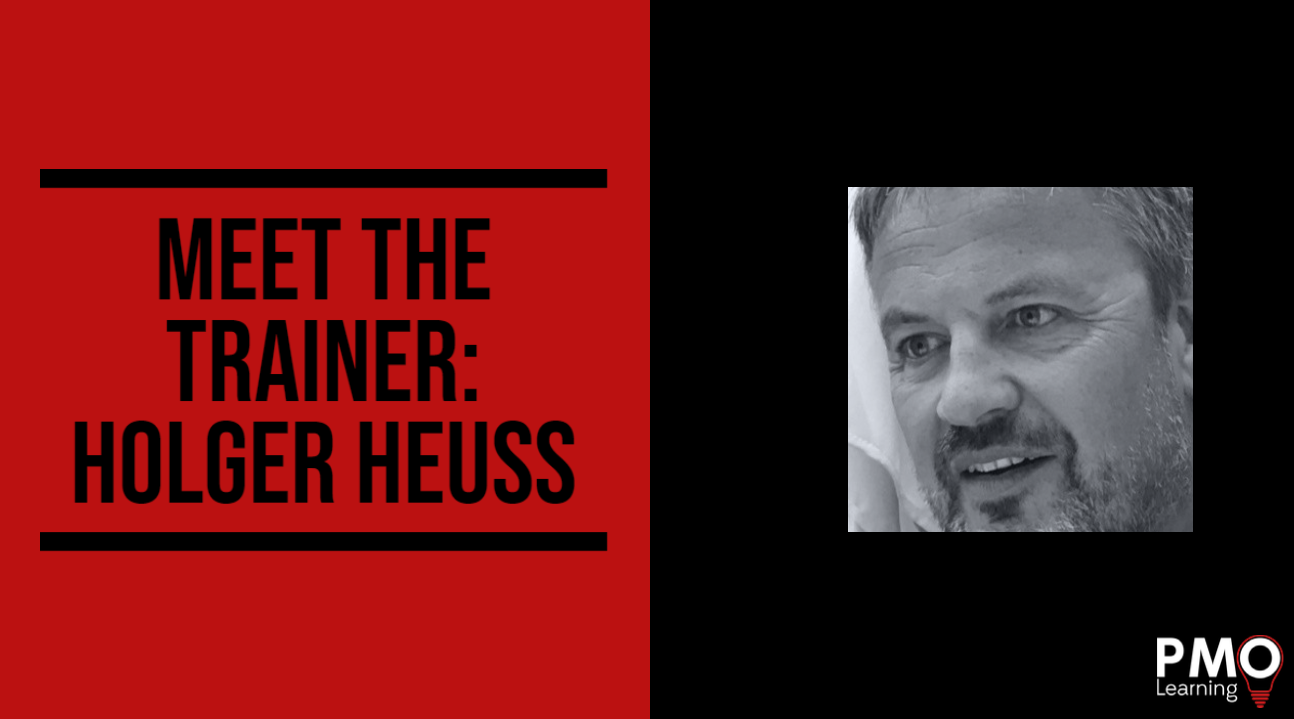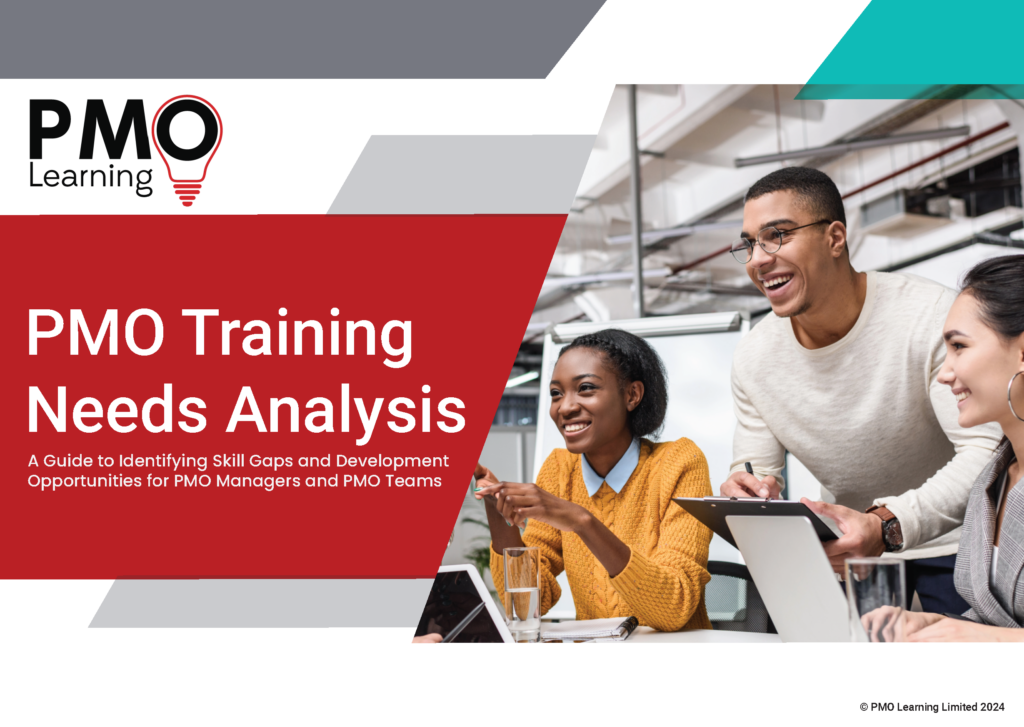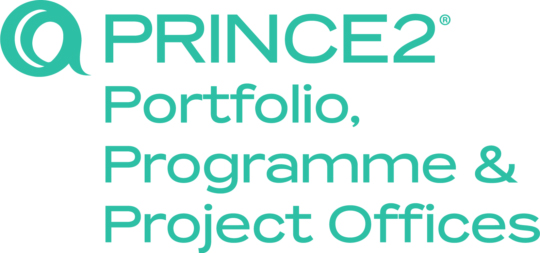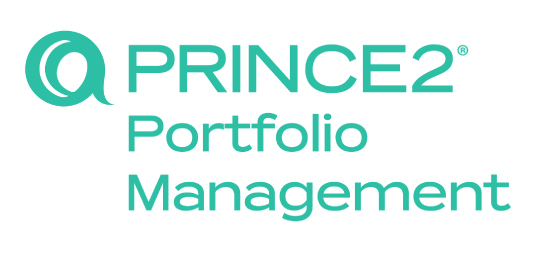Here at PMO Learning, we want to showcase our fantastic trainers. We’re starting off a new series where we interview our trainers so you can find out a bit more about them, the courses they deliver, and get a feel for their PMO experience and personality. First up, we have Holger Heuss.
Can you briefly introduce yourself?
My name is Holger Heuss, I’m currently working for Pendraig Consulting, but very shortly starting work for KPMG in their Enterprise Agility Practise as a Senior Manager. From my accent, you can hear that I arrived on these shores quite a long time ago – in 1999. I started work here with PwC as a consultant to advise on the rollout of project and programme management within their internal consulting.
Red or brown sauce?
Neither – mayonnaise.
What’s one book that everyone should read?
Freakonomics.
Tell us a little about your PMO history.
I started with PwC rolling out methods and approaches, and was also part of their internal quality management function providing support to projects and programmes – providing assurance on the activities they did. Neatly followed up after my merger integration project, to set up and run the PMO for PwC consulting to isolate the consulting business within PwC before it was sold off to IBM. Afterwards, I set up a number of commercial entities PMOs for a variety of different clients worldwide, helping them ultimately to run their PMOs and to hand over the PMO – I worked to recruit people who became my successors in organisations. At the same time I also worked with other organisations to define their project and programme methodologies.
What’s been the highlight of your PMO career?
The biggest project so far with the biggest team, which was the most fun – the one thing I want at work is fun. This was the implementation of a PPM tool at a Swiss investment bank, which I directly lead a team of 25 people providing processes and procedures for the PMO, the technology to support it, the training and communication throughout the rollout and making sure business as usual was ready to receive the increased capability.
What’s been the lowest point in your career? What did you learn from it?
The lowest point was probably the few agile transformations I have worked on – the patterns are similar. People try to do too much without taking into account what is digestible for the organisation. This leaves me very frustrated as I believe in pragmatism.
What course do you deliver with PMO Learning?
Unlocking Business Agility through Portfolio Management.
What’s your perfect delegate like?
My perfect delegate is a PMO Director or PMO Manager looking to get promoted to the Director role. To help them to understand either how to set up and successfully run portfolio management, or if this is already in their remit, how to improve it.
Can you desribe your course in 5 words?
Two days, practical application, minimal theory.
Why should delegates take your course?
As for example Gardner says the PMO will move into a function that will support strategic investment management, at least in the UK or Continental Europe. This isn’t always the case and is currently being debated where that capability will reside. The PMO is the perfect place for this, but doesn’t always have the skills or capability – I want to fill that gap to provide delegates with the capability and improvement road map to get to a better place and support their organisation adequately.
What’s your favourite part of being a trainer?
The interaction with the delegates. I don’t see myself as a trainer, but rather a consultant, so I love the interaction and workshop style delivery of the course instead of a presentation type delivery. I genuinely believe people attending the course can read the slides, however the conversations we have surrounding that outside of the slides content help us to understand how we may have faced similar problems and how to address them.
How can delegates implement what they’ve learned on your course into their day-to-day role?
I have devised an assessment of the organisation capability which delegates are asked to fill out prior to attending the course. It’s around 20 questions that’s relatively easy to fill out. We take this as an input and delegates have the opportunity at the end of each section to revise their scores based on the learning, by understanding what has been asked of them in the first place, but also by identifying any immediate action they want to take, as well as the longer-term, tactical and strategic activities they need to pursue in order to get to a higher level of maturity.
What is one piece of advice you would give to someone currently working in a PMO?
Keep calm, as those around you may not be – perspective, deep breathing, focus on what you can control, not on what you can’t….
What is currently the biggest challenge for people working in PMOs?
There is still an unfortunate perception that PMOs are administrative and only focusing on those tasks no one else wants to do. I have never seen it this way; the activities might have been in scope but the services should be much wider and focusing on the strategic elements of the organisation and provide benefit from senior executives to team members.
What do you think has been the biggest change you’ve seen in the PMO profession throughout your career?
The biggest change I’ve seen in the profession over time is the move towards the strategic angle supporting the enterprise instead of individual projects or programmes.
What’s the most interesting thing happening in PMOs today?
I think we are the cusp of a high topic over time being business as usual. The agile community infringing that’s happening at the moment towards AI. Agile for me is a topic we have always been doing without calling it that. AI is being triggered by software companies trying to sell the tooling, and I believe as organisations typically we aren’t yet ready to implement AI. It’s the same as outsourcing – you can’t outsource the problem, you have to fix it first. So we need to get our processes, procedures and governance right first before we can have AI.
What is an interesting fact about you?
I am a table tennis fiend, and in the process of setting up a charity to bring the sport to the elderly – it helps reduce the risk of dementia
Enjoying Our Blog?
Sign up and receive all our articles (we’ll send you an update once a week!) plus special offers and events:
